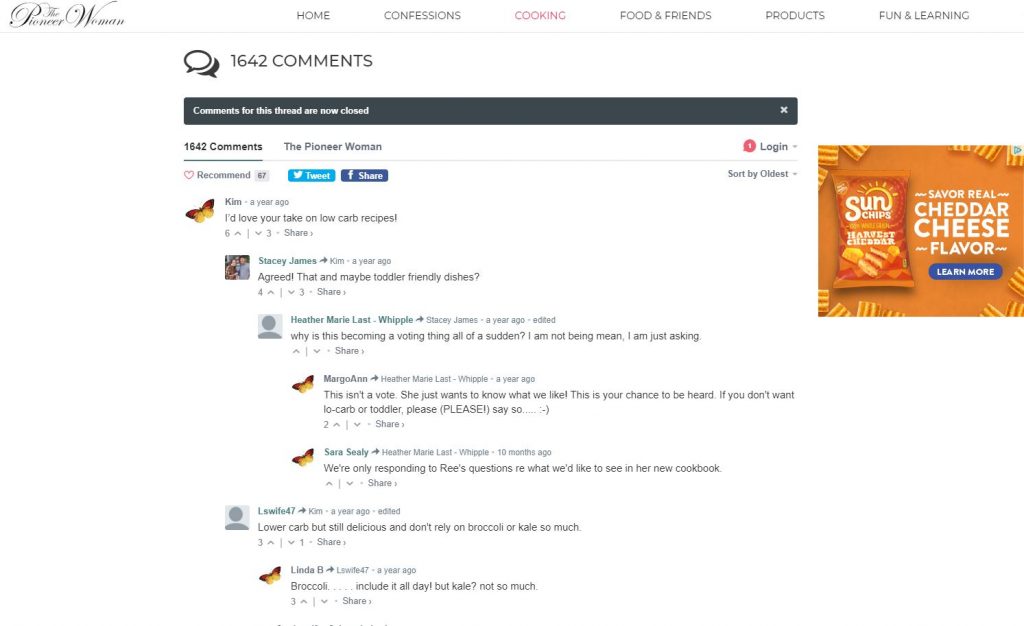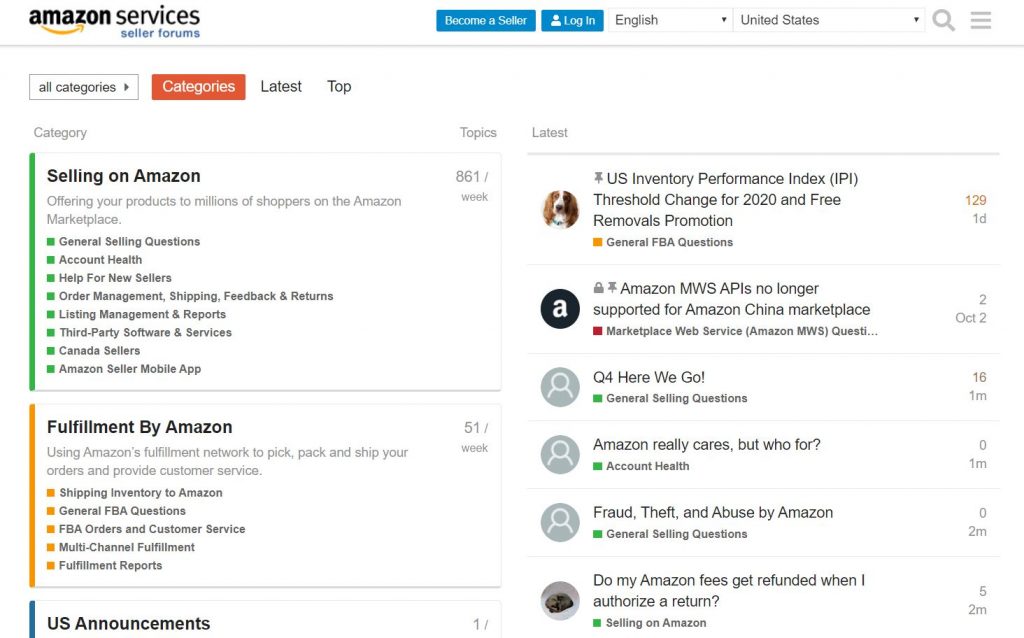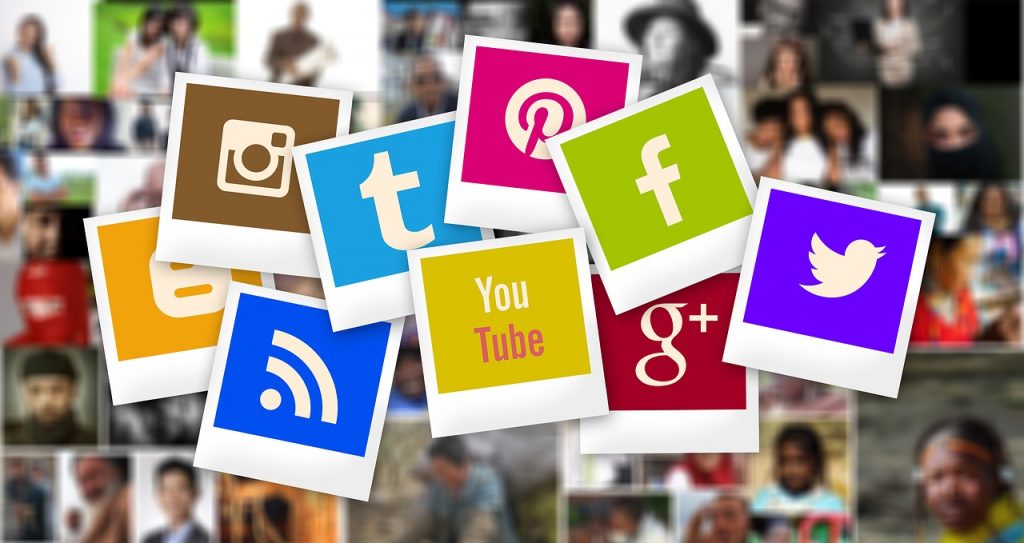The final traction channel in the book Traction by Gabriel Weinberg and Justin Mares is community building. Many of the traction channels in this book seem to overlap and build on each other. But this is a channel that more often seems to stand alone. Community building is when you are purposefully fostering relationships and connections with your customers. This encourages them to bring others into your circle. An easy ma and pop, brick and mortar type example could include hosting an offline event, or opportunity for your customers to get together, bring their friends, and talk about how much they love your product, but what happens when you are an e-commerce or tech company that would like to take advantage of their community and help it flourish? Here are five online locations you can implement community building in a tangible and impactful way.
Reddit is an enormous and ever-growing collection of forums where users can post about news and other content as well as comment on posts made by other people. The world of Reddit is huge and easy to get lost in. But, when used strategically, it can be a powerful community builder, especially through subreddits specific to your business.
In case you aren’t familiar with the platform, subreddits are the individual forums within the larger site. Subreddits are free to create and can play many purposes for businesses. For startups, creating a subreddit can help customers give feedback and connect with each other, helping the company grow and gain traction. For existing businesses, subreddits allow customers to connect with each other and members of your team, enter giveaways hosted by the business and simply chat about what they love (or hate) about the product or service. With over 330 million users, Reddit is sure to be a place where you can build a community for your business.
Blog Comments
Similar to Reddit, popular blogs provide an online space for people to discuss specific topics that interest them. As mentioned in our blog post about SEO, writing quality blog articles can help your website show up higher in search engine results, ultimately leading to higher amounts of organic traffic, but this is not the only benefit of a good blog. Once a business establishes a blog that provides meaningful information to its readers and brings traffic to the website the blog can become a very powerful tool for community building. If users are finding value in your blog they are more likely to interact with you by leaving comments. These comments can then create conversations with different customers and with your team. Getting engagement can be difficult at first, but here are a few tips to hook your first few commenters:
- Ask questions in your article. Readers are much more likely to comment when there is a question for them to answer.
- Use social media to share your blog posts. Then encourage your followers to comment on the article instead of the social post.
- Talk about your readers or customers in your post. If something that is shared interests you and the community talk about it on your blog.
- Respond to all comments when they first start to be made. This will provide value to those who are commenting and encourage future comments.
Wikipedia
While most millennials grew up being told that Wikipedia is not a reliable source for scholarly papers, it still proves to be a site that is read by many when searching the internet for an answer to a question. It might surprise you that Wikipedia actually doesn’t have any employees. Any knowledgeable person with access to the computer can create the content. This is the exact reason many teachers advise students to avoid using the site as a reference. The lack of proof that professional research has gone into a Wikipedia article is concerning to academia, but, for your business, this open-source information is a great opportunity to encourage community building. Having a Wikipedia page specific to your business can allow your current customers who are subject matter experts on your business to share information and encourage discussion of your product or service.
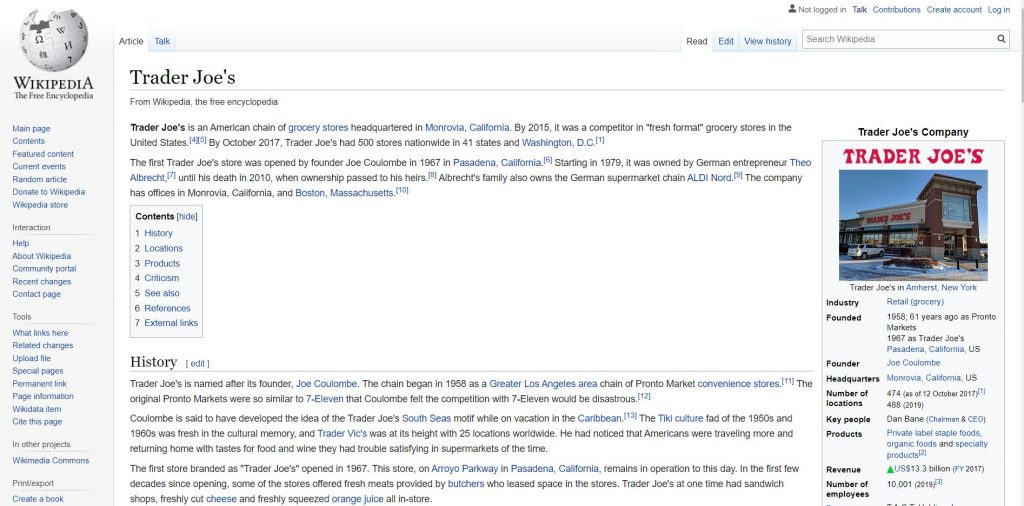
Topic Specific Forums
Even though it’s hard to believe, forums still exist outside of Reddit! Creating a forum that allows your current and prospective customers to discuss, ask questions and give advice about your product, service or other topics pertaining to your business is a great way to create community. Hosting a forum allows you to directly interact with the people who post on it similar to how you could reply to a blog article, but it also allows for readers to communicate with each other on an even higher level. Another way to leverage forums is to comment and interact with customers in an existing one. Find a forum that has a topic that resonates with your brand and start a conversation with participants.
Facebook Groups
Facebook is arguably the most popular online community and can easily be leveraged for your business, especially through the use of Facebook Groups. Here at Pintler Group, we love putting all aspects of Facebook to use for our digital clients, including the groups feature. Creating a group for your business is easy. It allows you to share posts, images and other pieces of content with the group’s members. You can decide if the group is private and invitation-only, or open to any interested parties. Consider your intended audience and create a group that creates value specific to these individuals. If you have multiple audiences you would like to reach, create multiple groups. This way you can cater even more directly to individual audiences.
It is also important to remember that these groups do not need to be all about your business. Try creating an open space where members can talk about various topics that relate to your business. Cast a wide net to catch anyone interested in the topic rather than only people familiar with your brand.
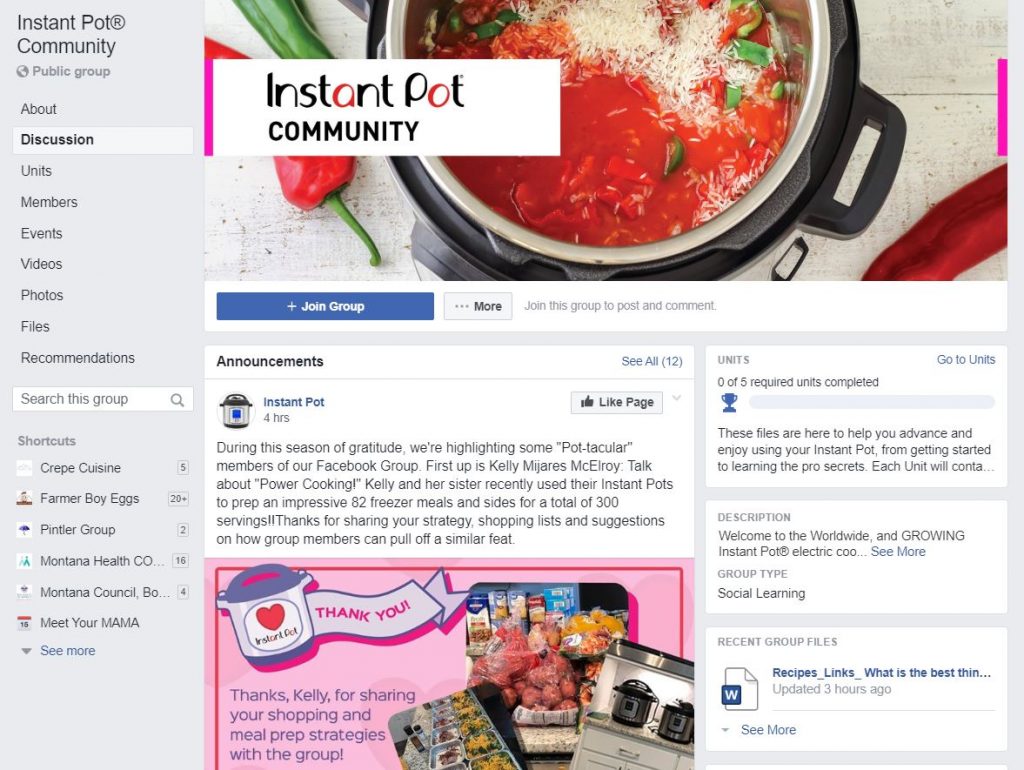
For more on community building and the other 18 traction channels, check out our podcast, Cutting Through The Noise and our YouTube channel.



